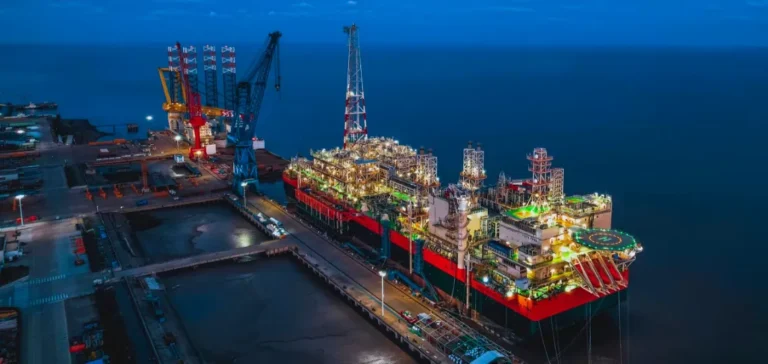ExxonMobil Corporation has entered direct discussions with the president of Mozambique to obtain security guarantees for its Rovuma LNG project, estimated to cost $30bn. The American company has not yet made a final investment decision, primarily due to ongoing instability in the Cabo Delgado province.
Persistent security concerns in the region
The Rovuma LNG project, which is expected to have an annual production capacity of 18 million tonnes of liquefied natural gas, is located in a region affected by Islamist insurgency for several years. Increased attacks in the area previously led TotalEnergies SE to declare force majeure on its neighbouring LNG project after a massacre that killed several hundred people. That suspension, in place for four years, was only lifted earlier this year.
The partial stabilisation of the region has been supported by foreign military presence. Rwandan forces continue operations on the ground after the withdrawal of troops from the Southern African Development Community (SADC), prompted by funding shortfalls for the joint mission.
Project revival tied to state commitment
Darren Woods, ExxonMobil’s Chief Executive Officer, stressed the need to secure the region before committing any investment. According to sources close to the negotiations, the American company is requesting formal government guarantees to prevent further delays. These guarantees may include increased military or logistical support, which is seen as critical to the project’s viability.
Mozambique’s president confirmed the discussions, stating that the implementation of the Rovuma LNG project would significantly impact the national economy. However, no details have been provided on the exact security measures under consideration or a potential investment timeline.
Regional competition and signs of restart
The restart announced this week by TotalEnergies at its own site may signal a positive shift for Mozambique’s liquefied natural gas sector. Though separate, both projects are located in close proximity and depend on similar geopolitical conditions for development. In this context, Exxon’s public engagement with local authorities reflects efforts to revive a strategic energy project on the African continent.
The pressure to secure investments in the region is amplified by the economic potential of Rovuma LNG, which is set to become the largest liquefied natural gas export facility in Africa.






















